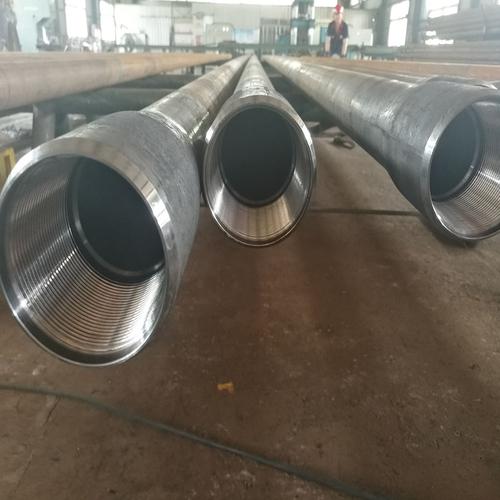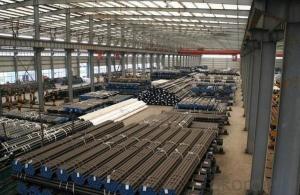N80-P110 Grade Oil Tubing Direct 13Cr Oil L80 Oil Tubing,Superior Quality High Cost-Effectiveness
- Loading Port:
- Tianjin
- Payment Terms:
- TT OR LC
- Min Order Qty:
- 1 m.t.
- Supply Capability:
- 1200 m.t./month
OKorder Service Pledge
OKorder Financial Service
You Might Also Like
Specification
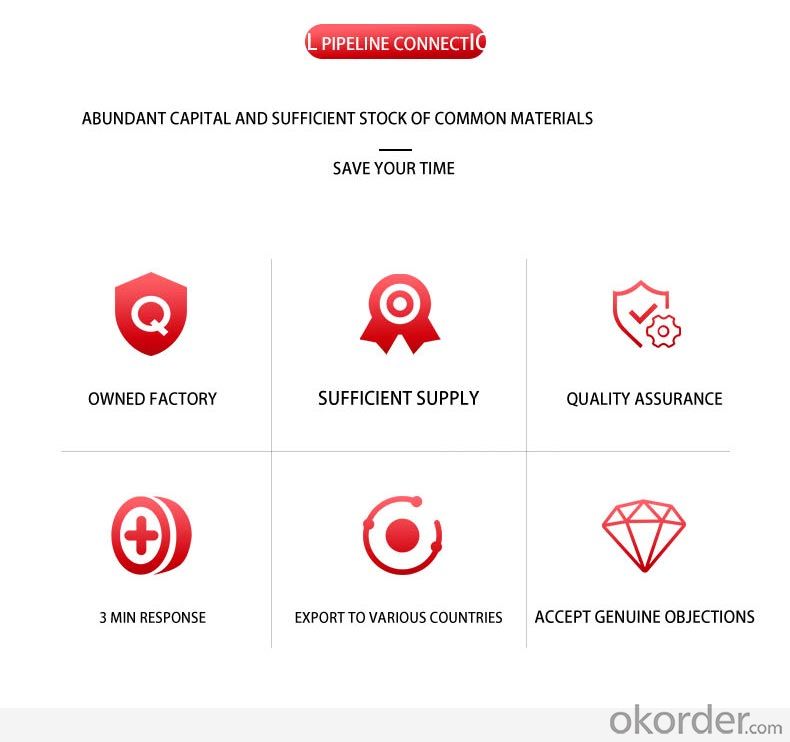
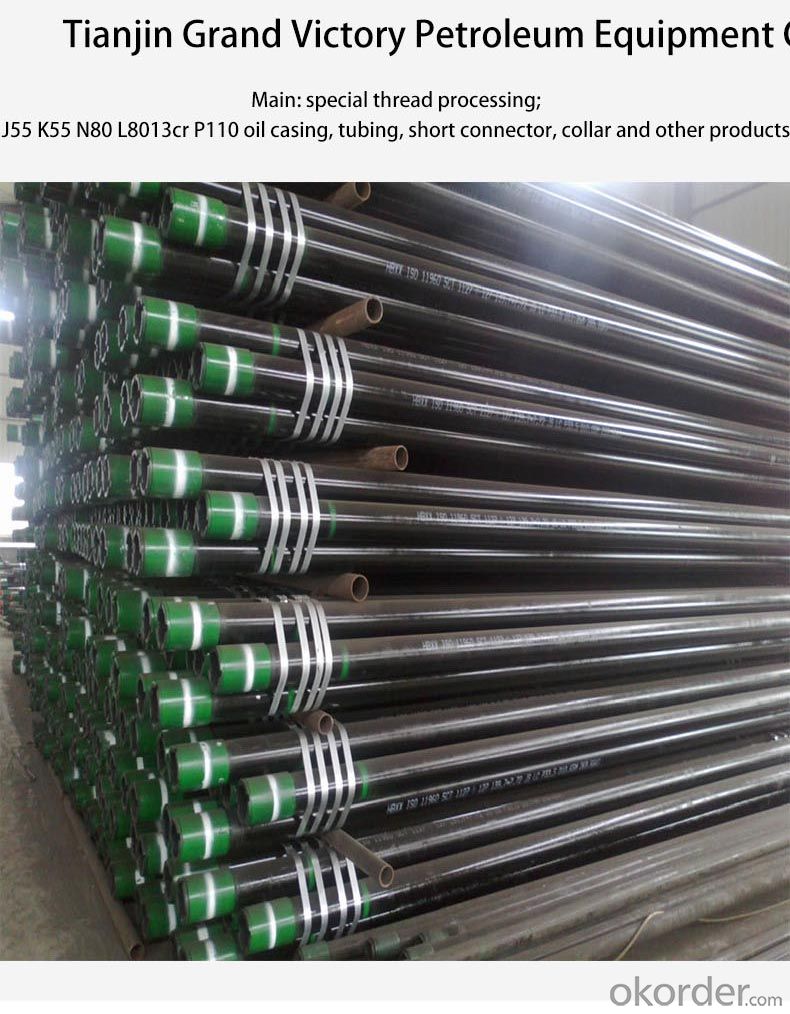
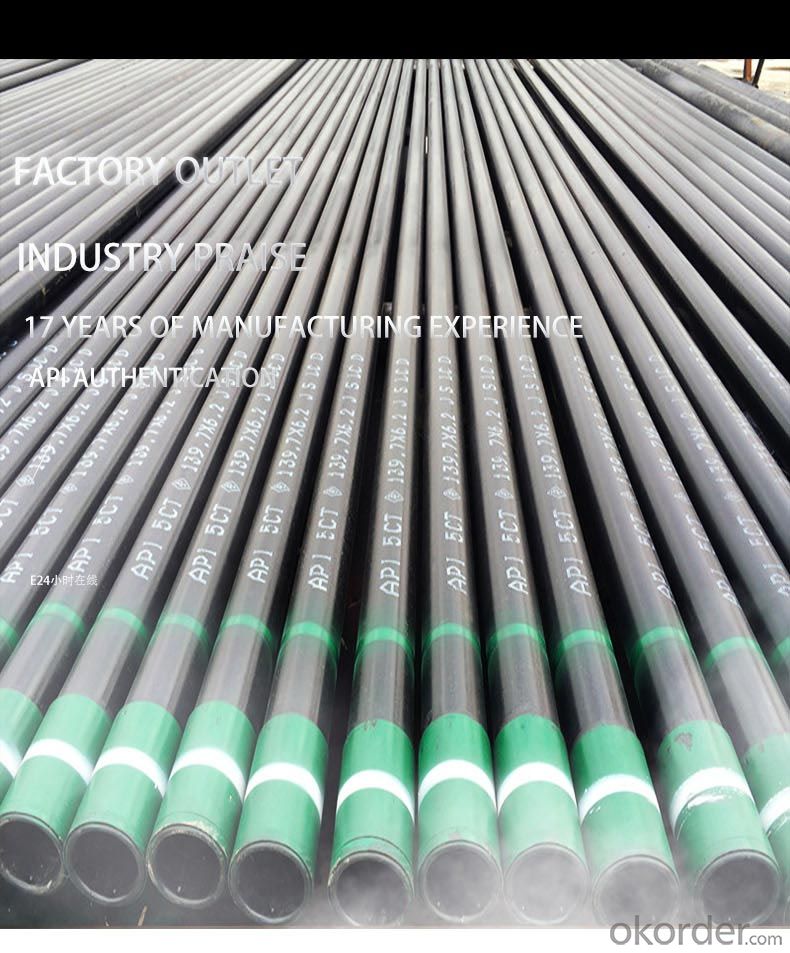
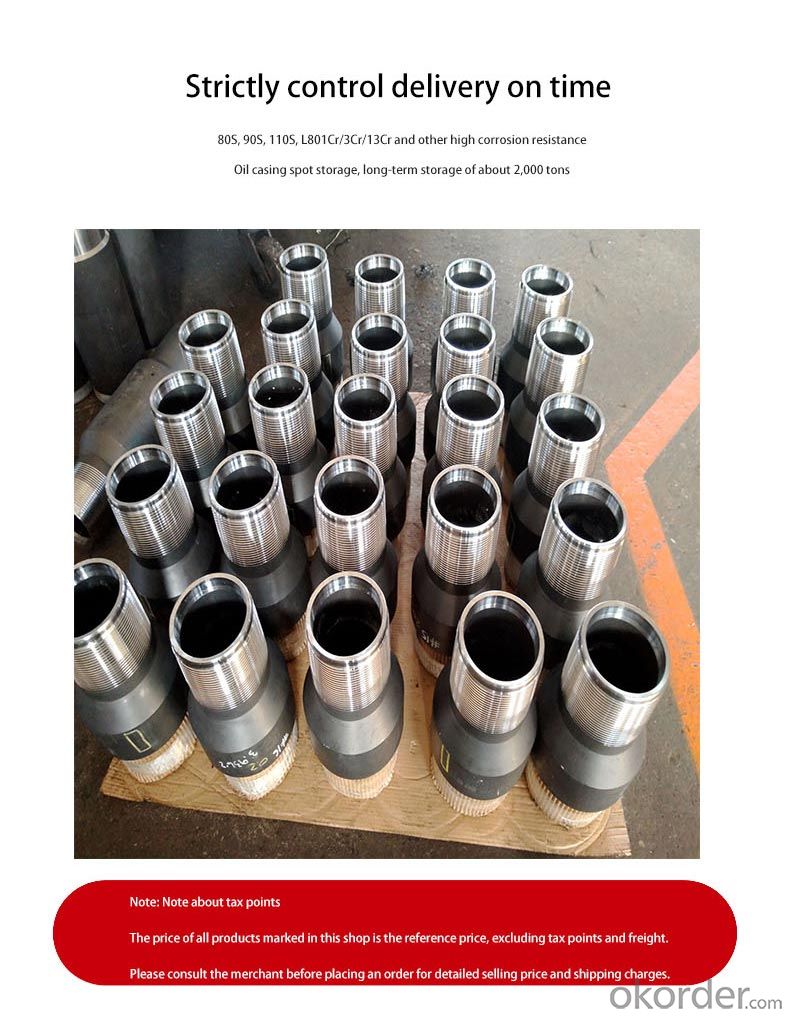
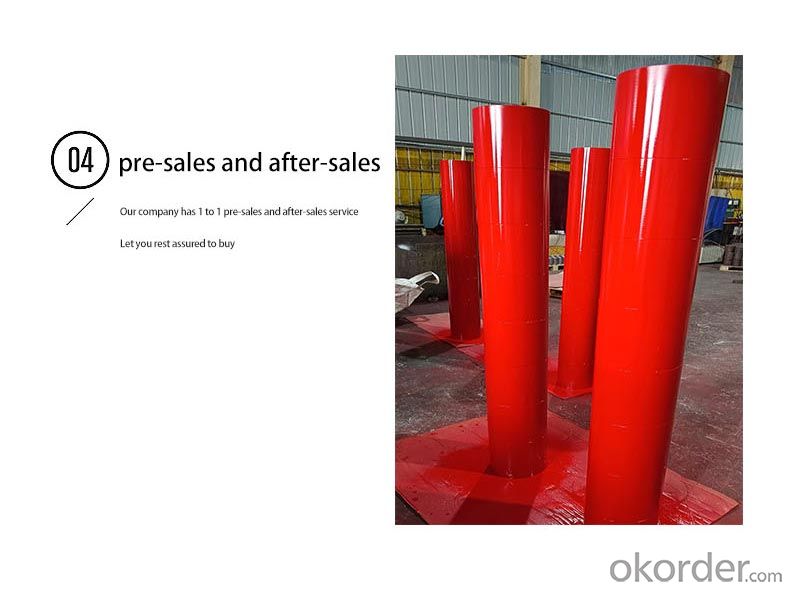
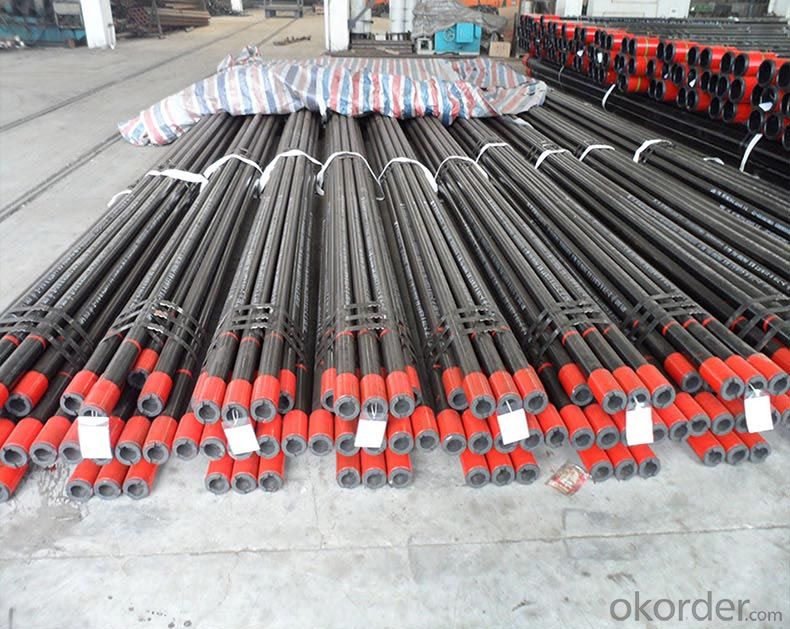
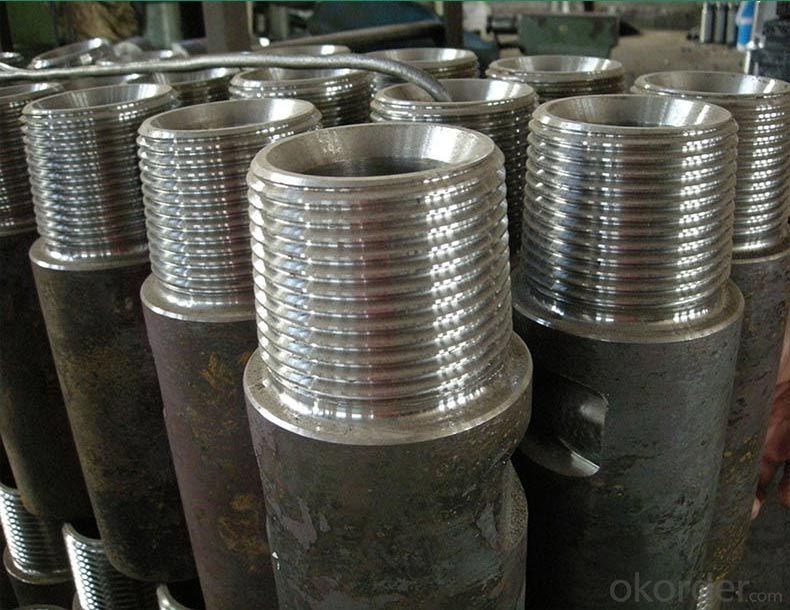
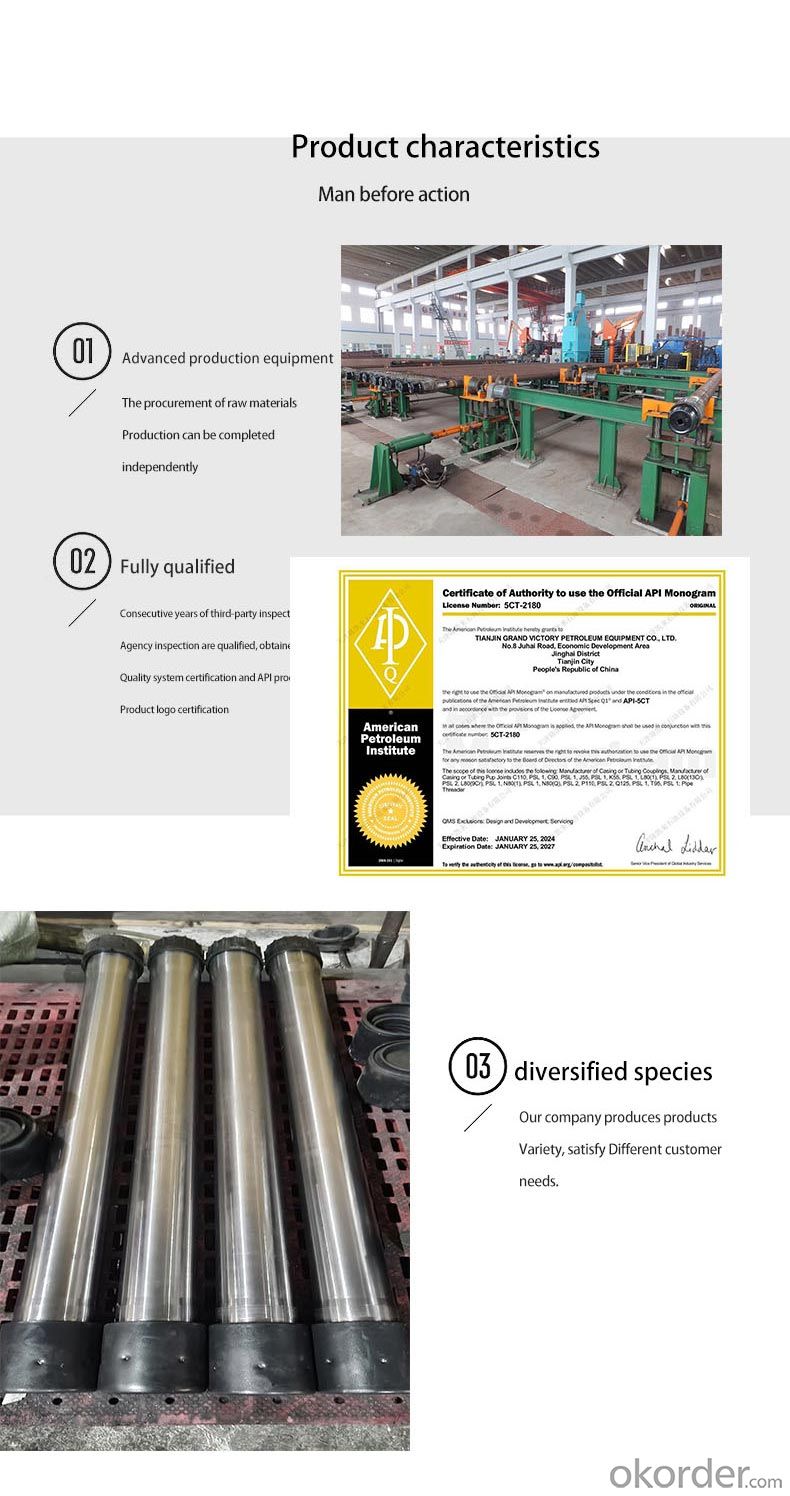
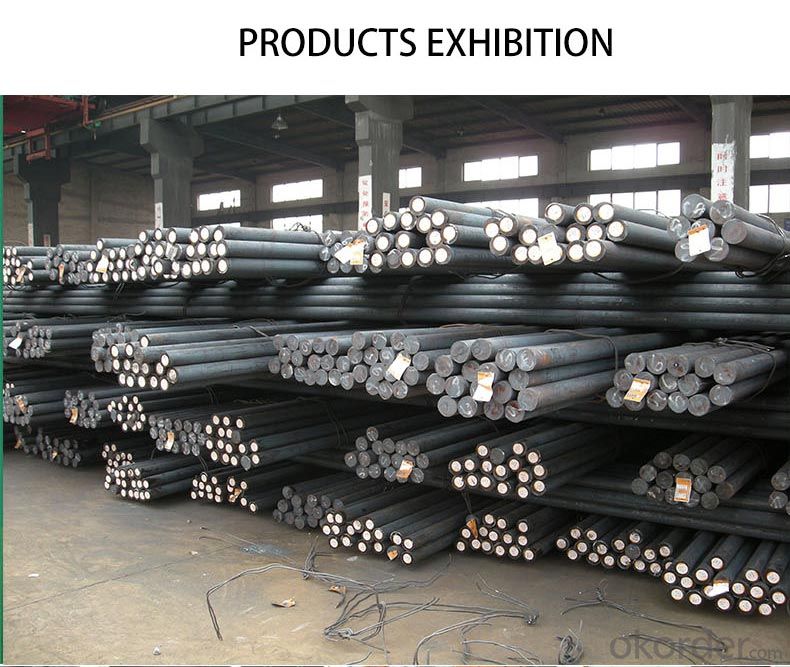
API 5CT J55/N80/P110 OCTG Casing & Tubing Manufacturer Direct
Comprehensive OCTG Solutions for Every Well Profile
As an API-licensed manufacturer, we eliminate intermediaries to deliver J55/N80/P110 casing and tubing with 15% cost savings. Our vertically integrated production process ensures full traceability from steel billet to finished product.
Technical Specifications
Material Science:
J55: 0.45% Mn, 0.25% C composition for shallow wells (≤8,000ft TVD)
N80: Quenched & tempered microstructure withstands 12,000psi collapse pressure
P110: 110ksi SMYS with Charpy V-notch impact ≥45J at -20°C
Threading Technology:
CNC-machined API LTC/BTC threads with ±0.003" pitch diameter tolerance
Optional VAM TOP connections for HPHT wells
Quality Assurance:
100% ultrasonic testing (UT) for laminations
Hydrostatic tested to 80% of yield strength
Applications
J55: Water injection wells, surface casing
N80: Intermediate casing in sour gas fields
P110: Production casing in 15,000psi reservoirs
Case Study
A Permian Basin operator reduced casing costs by 18% using our direct-shipment P110 casing for 35 horizontal wells, achieving 95% torque-turn compliance during running
- Q: What are the common applications of steel pipes in the water distribution system?
- Steel pipes are commonly used in water distribution systems for various applications such as transporting water from treatment plants to homes, buildings, and industries, as well as for underground water mains and fire hydrant systems.
- Q: Can steel pipes be used for underground oil pipelines?
- Indeed, underground oil pipelines can utilize steel pipes. The construction of underground oil pipelines heavily relies on steel pipes owing to their robustness, longevity, and resistance to corrosion. They possess the capability to endure the immense pressure and weight exerted by the oil being transported, along with external forces like soil displacement or seismic events. Moreover, steel pipes can be fortified with coatings or linings such as epoxy or polyethylene, enhancing their resistance to corrosion and extending their lifespan. In conclusion, steel pipes emerge as a dependable and extensively employed option for underground oil pipelines.
- Q: How are steel pipes used in the manufacturing of wastewater treatment systems?
- Steel pipes are used in the manufacturing of wastewater treatment systems for various purposes such as carrying and transporting wastewater, providing structural support to the system, and facilitating the flow of water and chemicals throughout the treatment process.
- Q: How are steel pipes used in the agricultural irrigation systems?
- Steel pipes are commonly used in agricultural irrigation systems to transport water from a water source, such as a well or reservoir, to the fields. They are durable and can withstand high pressure, making them suitable for long-distance water transportation. Steel pipes are also resistant to corrosion and can withstand various weather conditions, ensuring reliable and efficient water distribution for crop irrigation.
- Q: Can steel pipes be galvanized?
- Indeed, it is possible to galvanize steel pipes. Galvanization involves the application of a safeguarding zinc layer to steel or iron in order to hinder corrosion. The steel pipes are immersed in a solution of molten zinc, resulting in a chemical union between the zinc and steel that produces a protective coating resistant to corrosion. Galvanization finds widespread use across multiple fields, including plumbing, construction, and outdoor structures, primarily to prolong the durability of steel pipes and inhibit rust formation.
- Q: Can steel pipes be used for structural supports?
- Yes, steel pipes can be used as structural supports due to their high strength, durability, and ability to withstand heavy loads. They are commonly used in construction for applications such as columns, beams, and braces, providing stability and support to various structures.
- Q: What does "HBB" glass steel pipe mean?
- The utility model has the advantages of high strength, light weight, no deformation, smoothness of the inner surface, etc.. The friction coefficient is small, the cable is light and smooth, and the cable is not damaged. The weight is only 1/4 of the steel tube, and the 1/10 of the concrete pipe can be moved by one person. The transportation is convenient and the construction is simple and convenient.
- Q: How are steel pipes protected against lightning strikes?
- Steel pipes are protected against lightning strikes by installing lightning rods or grounding systems near the pipes. These systems provide a path of least resistance for lightning to follow, diverting the electrical current away from the pipes and minimizing the risk of damage or explosions.
- Q: What is the average lifespan of steel pipes?
- The average lifespan of steel pipes can vary depending on various factors such as the quality of the steel used, the environment in which they are installed, and the maintenance and care they receive. However, on average, well-maintained steel pipes can last anywhere from 50 to 100 years or more.
- Q: What is the difference between hot-dip galvanizing and electroplating for steel pipes?
- Hot-dip galvanizing and electroplating are both methods used to protect steel pipes from corrosion, but they differ in the process and the properties of the resulting coating. Hot-dip galvanizing involves immersing the steel pipe in a bath of molten zinc, which forms a thick and durable coating that bonds metallurgically with the steel. This provides excellent corrosion resistance and protection even in harsh environments. On the other hand, electroplating involves the deposition of a thin layer of zinc onto the steel pipe using an electric current. While electroplating also offers corrosion protection, the coating is typically thinner and less durable than hot-dip galvanizing. Hot-dip galvanizing is typically preferred for steel pipes that require long-lasting protection, while electroplating may be suitable for applications where a thinner coating is sufficient.
Send your message to us
N80-P110 Grade Oil Tubing Direct 13Cr Oil L80 Oil Tubing,Superior Quality High Cost-Effectiveness
- Loading Port:
- Tianjin
- Payment Terms:
- TT OR LC
- Min Order Qty:
- 1 m.t.
- Supply Capability:
- 1200 m.t./month
OKorder Service Pledge
OKorder Financial Service
Similar products
Hot products
Related keywords






